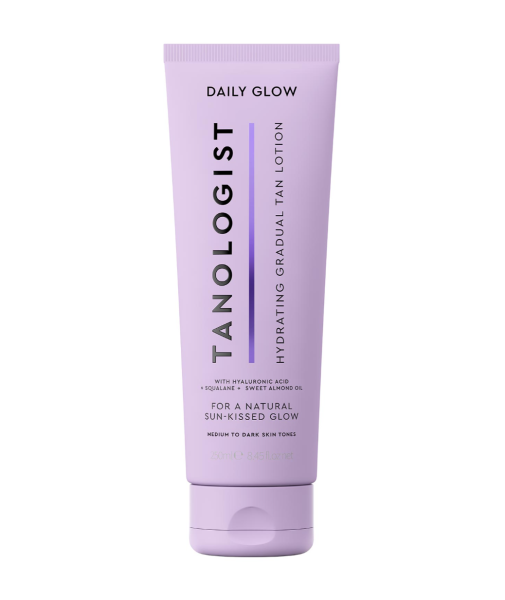The Oreo Addiction
It is common to learn in school about addictive substances such as heroin, cocaine, alcohol, and even caffeine. However, one potentially addictive substance students are less aware of is “Milk’s Favorite Cookie,” the Oreo.
A recent study done by students at Connecticut College concluded that lab rats could become as addicted to Oreos as they were to drugs such as heroin and cocaine. Valarie Strauss of The Washington Post reports that the experiment was held to investigate “how addictive high-fat and high-sugar foods are and how it might have stoked the nation’s obesity epidemic.”
The study shows that the cookies can be as addictive as drugs to rats because they affect the pleasure centers in similar ways. The press release even stated that the Oreo Cookies affected more neurons in the pleasure center than the drugs did.
The press release for the study, part of which was featured in Strauss’ Post article, states that the rats “formed an equally strong association between the pleasurable effects of eating Oreos and a specific environment as they did between cocaine or morphine and a specific environment.”
A reporter for Time, Mellissa Locker, explained that the rats tested in the study were put in a maze and given the choice of Oreos or rice crackers. As expected, they enjoyed the Oreos more and congregated at that end of the maze. The rats were also put into a maze and given the choice between injections of different addictive drugs at the end, morphine, or cocaine, or a shot of the non-addictive saline. Finally, the results of these two tests were compared.
“The rats in the study liked the cookies about as much as they liked the drugs, congregating near the cookie side of the maze as much as they would on the drug side,” Locker reports.
The rats enjoyed Oreos in a way that is very familiar to most people. They enjoyed the cream filling first. The rats were drawn to the creamy center of the sandwich cookie when they found it at the end of their maze. One of the students involved in the study reported, speaking to Locker, “They would break it open and eat the middle first.”
However, this study has aroused a fair amount of professional criticism. Stephanie Pappas of The Washington Post summarized the results of the study slightly differently, saying, “The results revealed that rats given the choice between Oreos and rice cakes spent as much time on the Oreo side of the maze as the rats given the choice between cocaine and saline did on the cocaine side. But that doesn’t mean the Oreos were as addictive.”
Edythe London, a researcher for the University of California Los Angeles who studies the neural basis of drug cravings using brain imaging, states in an interview with Pappas, “The study performed cannot determine whether Oreos are as addictive as cocaine […] That question is best addressed in a comparison of how hard a rat will work for Oreos versus cocaine — how many times a rat will press a lever to get one or the other.” London finishes by saying that the study does show that Oreos produce pleasure, “but we knew that.”







